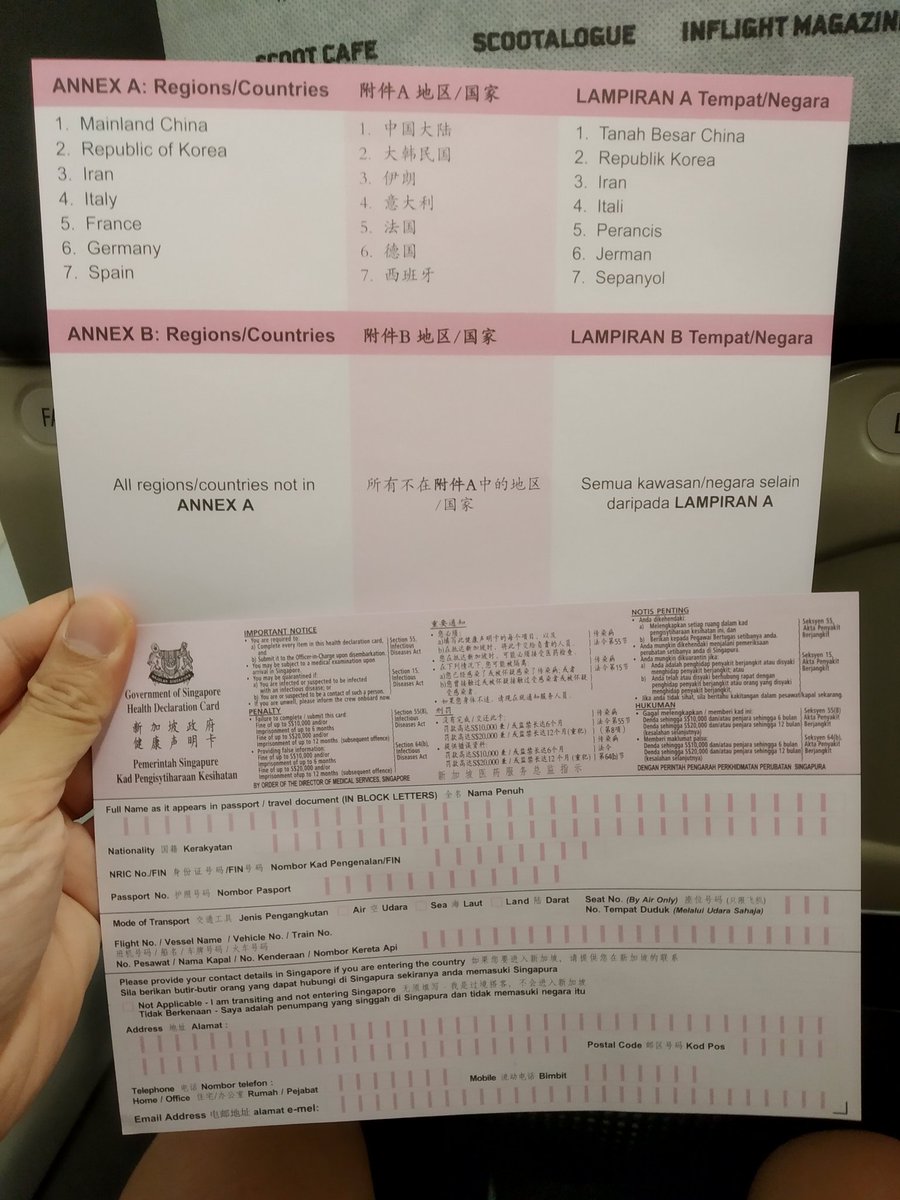Latter means you’re a slave to the step-by-step. Former means you’re able to adapt to your personal idiosyncrasies.
Not everyone can do pure GTD. Most productive people I know adapt it to their needs, or find some way to express its principles in their lives.
In the Toyota system, unused inventory is waste.
In PS, the underlying principle seems to be “over-eager summarisation is waste”.
This is muda.
The goal isn’t: “oh, how do I follow the step-by-step highlight then bold then notes then headnotes then integrative piece” … it is “how do I remove muda in my knowledge work.”
Toyota’s system was built around the realities of the post-war Japanese economy.
Tiago’s methods has its roots in his history in boutique management consulting.
There are often huge overlaps between one client to another. But without a system for forwarding packets of information into the future, difficult to reuse insights or detritus from prior projects.
Managing said illness is similar to the knowledge management problem in consulting: there are often months between dr consults. You want to have a way to forward research packets in time.
Once you understand this context, criticism like “PS is bad for thinking” appear silly.
That’s not the goal. That’s like saying “the Toyota Production System is bad at making art.”
You don’t want to do over-eager summarisation. But you also don’t want to do too little, which means you would have to go back and reread the source text all over again.
That is muda.
As part of my research, I read a 600 page textbook of judgment and decision making titled Thinking and Deciding.
But of course, this is a TEXTBOOK. It covers everything there is to know about an entire academic subfield.
Everything from expected utility calculations to cognitive biases, to philosophical treatments in the topic.
It’s no accident that those are the ideas I remember best.
Because I wasn’t yet doing PS, I have no ability to recall any of the other ideas in the book.
This is waste.
It’s almost as if my earlier research never happened.
I feel those hours keenly.
Do they have a history of producing highly integrative, novel work, at a high enough throughput?
If they do not, it is not likely that they have ideas valuable enough to offer me.
Do they get the fundamental problems with what we do? Sometimes you need a large enough body of work before you do.
The principle is: reduce muda in your knowledge work.
How you achieve that, exactly, is up to you.
Which probably means that there is something fundamental to it.
/end






